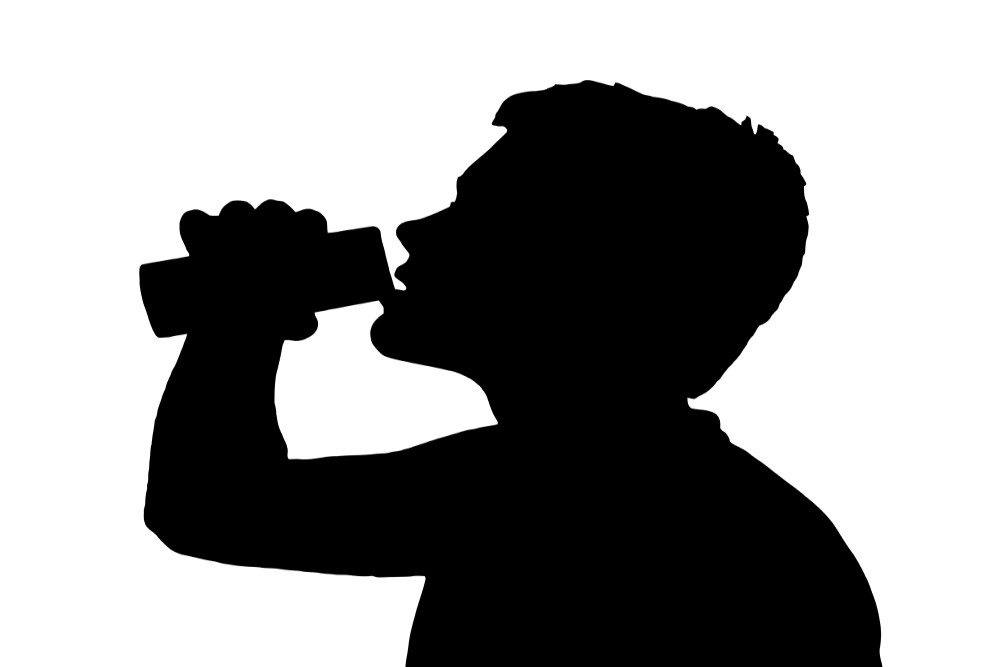Teenage Alcohol Poisoning: Why Teens Are Far More Susceptible

Teens are more likely to participate in underage drinking than any other type of substance misuse. Though they’re trying to act grown-up, their bodies process alcohol differently than adults, which can lead to binge drinking and even teenage alcohol poisoning. The sobering fact is that teens are at risk every time they drink alcohol. These are the facts that parents and teens need to know about alcohol poisoning and how to stay safe.
Facts About Underage Binge Drinking
Alcohol can be very dangerous when a teen gulps down several drinks over a short period. Studies show that teens drink alcohol less often than adults do, but when they do drink, they’re more likely to binge drink.
On average, the human liver takes about one hour to metabolize one alcoholic drink. While playing drinking games, doing shots, or chugging beers, a young person could consume four to five drinks or more in just one hour, which may lead to teenage alcohol poisoning.
Here are a few underage drinking facts to consider and information from our recent report:
- 86% of North Carolina middle and high school students have tried alcohol.
- 65% of students surveyed said they tried alcohol in middle school (14 is the average age an adolescent tries alcohol).
- Younger teens and pre-teens who binge drink risk alcohol-use disorder and addiction later in life, as well as anxiety and depression.
What is Alcohol Poisoning?
Alcohol poisoning is a serious and potentially deadly effect of binge drinking. As a person drinks more, their blood alcohol concentration (BAC) level rises, and the liver has trouble continuing to process the alcohol. Even when someone stops drinking or passes out, their BAC level can continue to rise because alcohol in the stomach continues to enter the bloodstream.
Too much alcohol in the bloodstream can lead the areas of the brain that control basic life-support functions to start shutting down, and that can negatively affect breathing, heart rate, and regulating body temperature.
Why Are Teens More Susceptible?
Alcohol affects the teenage brain in a very different way than an adult’s. For example, the prefrontal cortex of the teenage brain is still developing until around age 25. Until then, this area of the brain can be impacted by even small amounts of alcohol, leading to poor decision-making and impulse control.
Teens also become less sedated than adults when drinking alcohol. As a result, teens are more likely to drink more alcohol in a shorter period, increasing their risk of alcohol poisoning. This is particularly dangerous in the long run as alcohol can also damage the areas of the brain associated with memory and learning.
Signs of Teenage Alcohol Poisoning
The most common signs of alcohol poisoning in teens include vomiting, seizures, and cold or clammy skin. Effects of alcohol are different on each person, depending on their age, gender, tolerance for alcohol, the amount of food eaten, and any medications they’re taking. Do not assume the person will be fine by sleeping it off.
Call 911 immediately and do not leave the person alone if they have consumed a large amount of alcohol and show the following signs:
- Nausea and vomiting
- Severe mental confusion
- Difficulties breathing
- Bluish tinge to the skin
- Low body temperature
- Loss of consciousness
- Inability to wake
In addition, if you are concerned about adolescent substance abuse, look for these common signs:
- Loss of interest in activities
- Leaving old friends for new friends
- Acting depressed, aggressive, or angry
- Sleeping more
- Worsening performance or missing work and school
- Weight loss
- Nosebleeds
- Bloodshot eyes
- Shakes and tremors
Stop Underage Drinking Before It Starts
Studies suggest that kids who report close relationships with their parents and openly discuss the effects of underage drinking are less likely to start drinking alcohol. It’s vital to have frequent, honest conversations about alcohol with teenagers and children.
Talk It Out NC helps parents begin the important conversation with a teen about the dangers of alcohol use, binge drinking, and teenage alcohol poisoning. Ready to talk to your child about alcohol and its negative effects on a young person’s body? We can help. Start the Conversation today with our conversation starters and facts about underage drinking.



